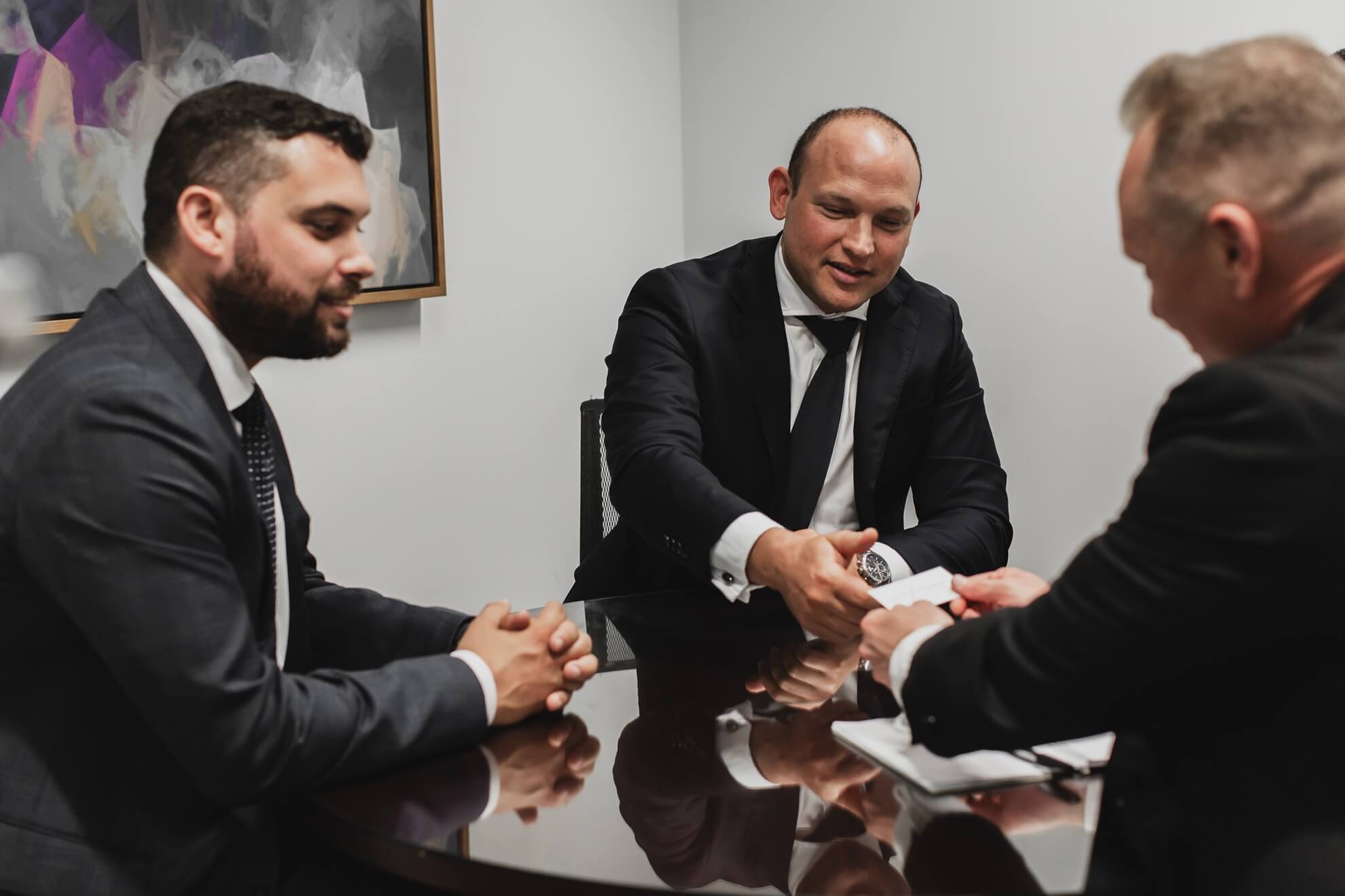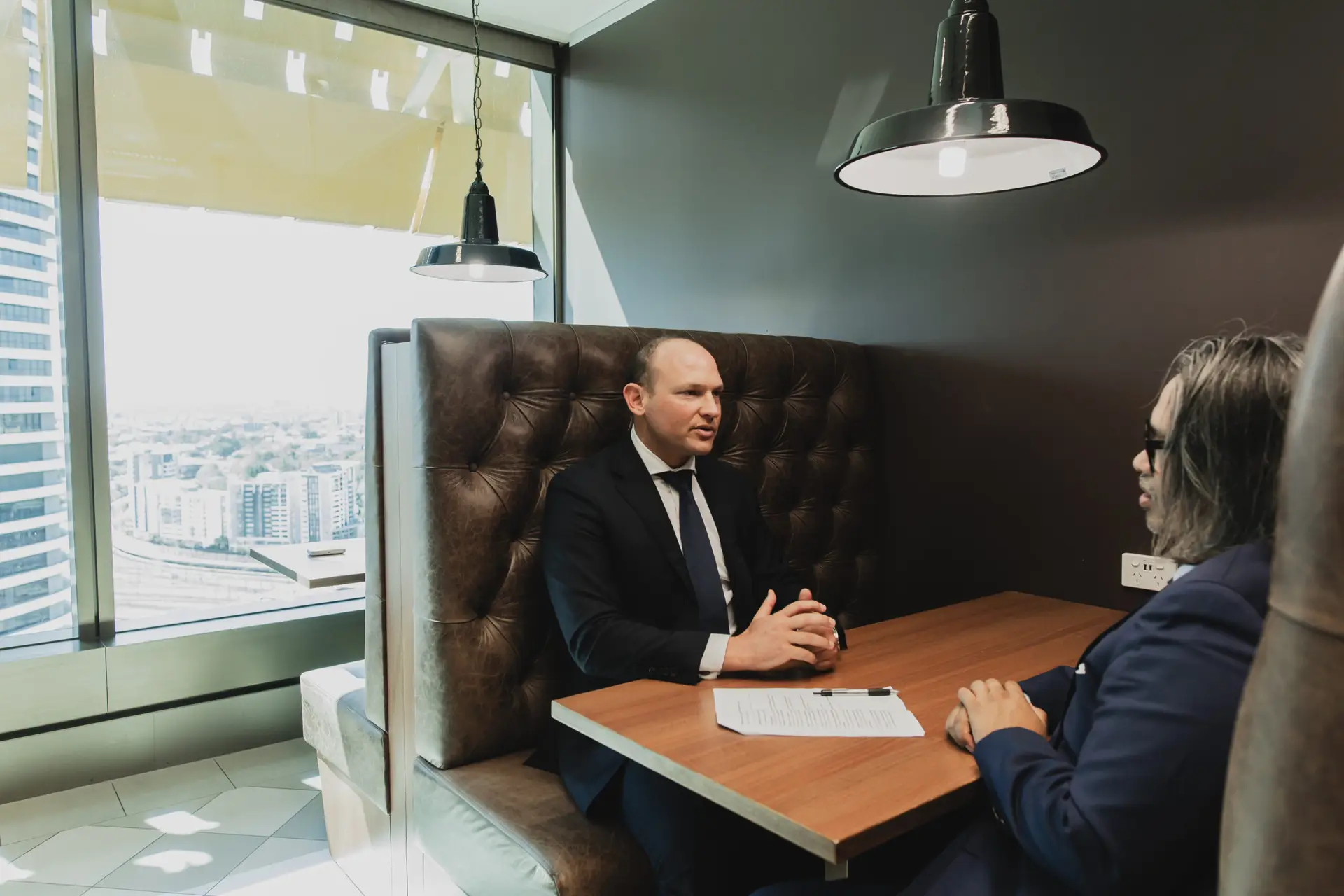What do you do when a lot owner stops paying their levies or contributions? What do you do if those lot owners become bankrupt or on-sell their property whilst being in arrears?
The Queensland Courts have recently treated these very issues. The result was that bodies corporate may now not only pursue lot owners for unpaid levies but also for all costs reasonably incurred in recovering those unpaid levies such as solicitor or debt collector fees. In addition bodies corporate are not limited to chasing the debt from the lot owners. How is this so?
The starting point is section 145 of the Body Corporate and Community Management (Standard Module) Regulation 2008 (Qld). This provision provides that if a contribution or instalment is not paid on time, the body corporate may recover those amounts as if they were an ordinary debt including any costs (recovery costs) reasonably incurred by the body corporate in recovering that amount.
The liability to pay those debts falls on the person who was owner of the lot when the debt became payable or a person who becomes the owner of the lot before the debt is paid. The regulations provide the specific example of a mortgagee in possession. Furthermore the judicature have treated section 145 of the Regulation at great length.
Perhaps the most poignant case on point is Westpac Banking Corp v Body Corporate for the Wave Community Title Scheme 36237 [2014] QCA 73.[1] His Honour Justice Mullins held:
“By itself s143(1) [145 SM] is an unusual provision in that it specifies that the body corporate may recover each of the amounts specified in paras (a), (b) and (c)… …On this construction, s 143(3) extends the liability of the persons liable for a body corporate debt in relation to a lot…”
What does this mean? This means bodies corporate can recover unpaid levies, penalties for not paying levies and all reasonable costs incurred in recovering those penalties and levies from the impecunious lot owner or from anyone who becomes the owner of that lot before the debt is paid, such as a bank who enters into possession of their house.
The term “body corporate debt” is defined in the regulation’s schedule to mean a contribution or instalment, a penalty for not paying a contribution or another amount associated with the ownership of a lot. The question is whether “an amount associated with the lot” is a reasonable recovery cost. That is to say are legal fees or debt collector fees incurred in chasing up the unpaid levies “an amount associated with the lot”. Thankfully, the answer is yes they are.
Again we look to The Wave for clarification, particularly where Mullins J held that “Recovery costs are incurred by the body corporate in taking steps to recover from the lot owner the outstanding contributions and penalties in respect of the relevant lot. On the plain and ordinary meaning of paragraph (c) of the definition of “body corporate debts”, recovery costs are associated with the ownership of the relevant lot”.
The implications brought by this case are enormous for body corporates. It places in body corporates the power to recover debts from any person who is the current lot owner, irrespective of whether they personally accrued the debt.
As to recovery costs the body corporate in The Wave were able to claim over $150,000.00 for reasonable recovery costs in recovering a $5,000.00 debt.
The case places great importance not only on lot owners keeping up with their levy contributions but also to prospective buyers to do the due diligence before buying into a body corporate.
Fortunately the Courts provide a clear procedure for body corporates. Simply treat the unpaid levies as any other debt. Engage a solicitor or debt collector to chase up the levies and if necessary bring the matter before the Court for compensation.
[1] This case dealt with the identical provision in the Accommodation Module s 143.






